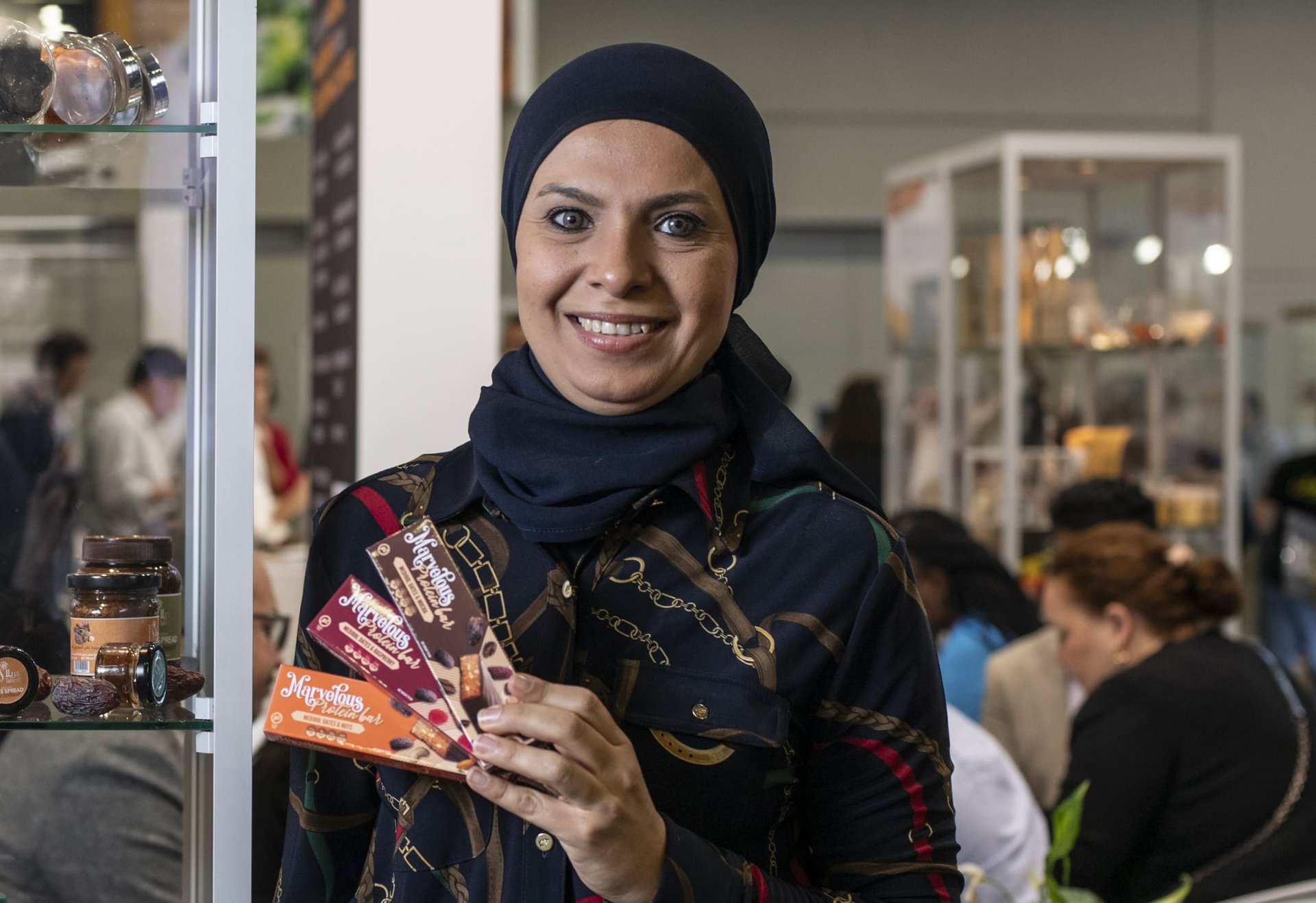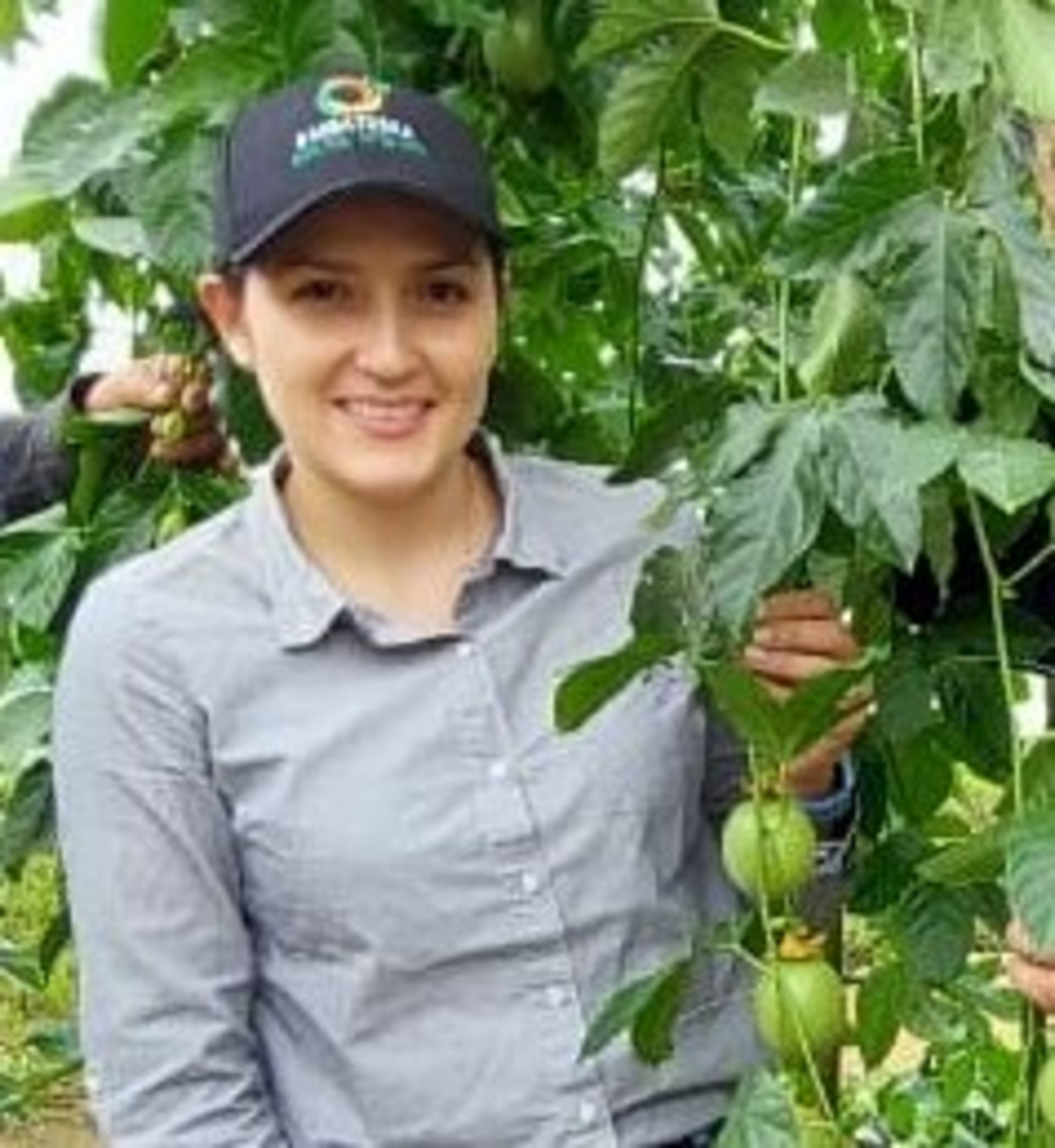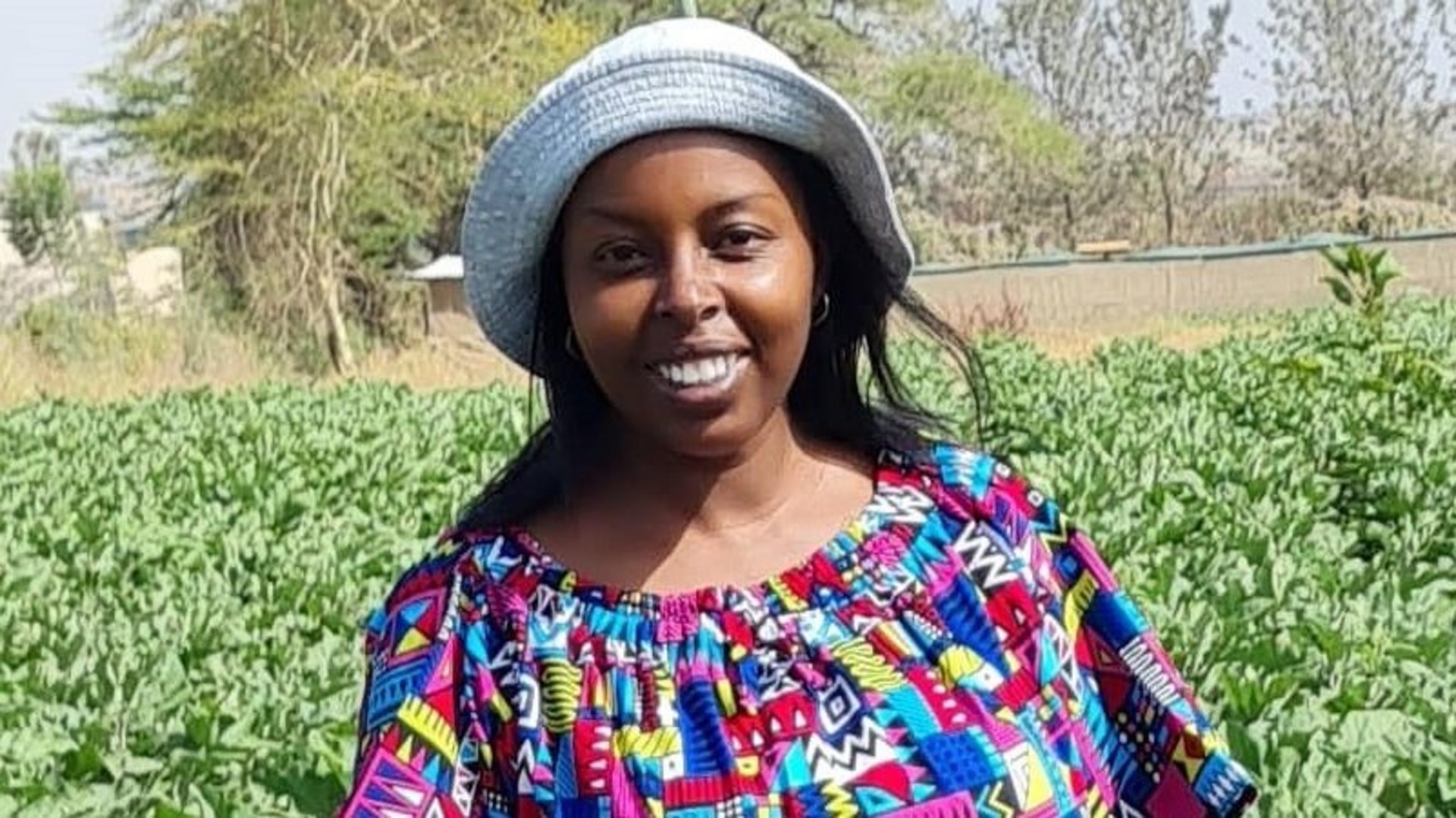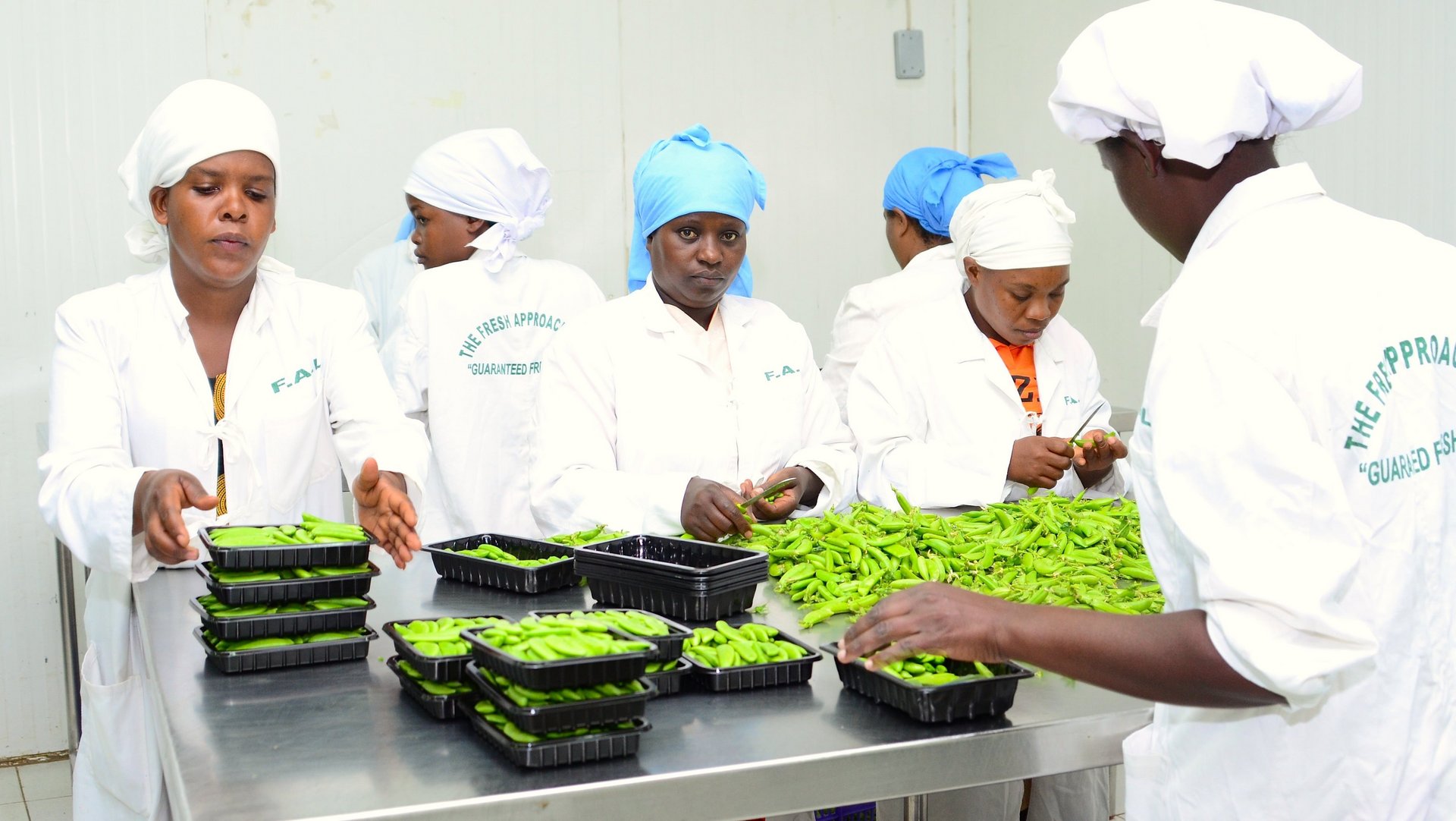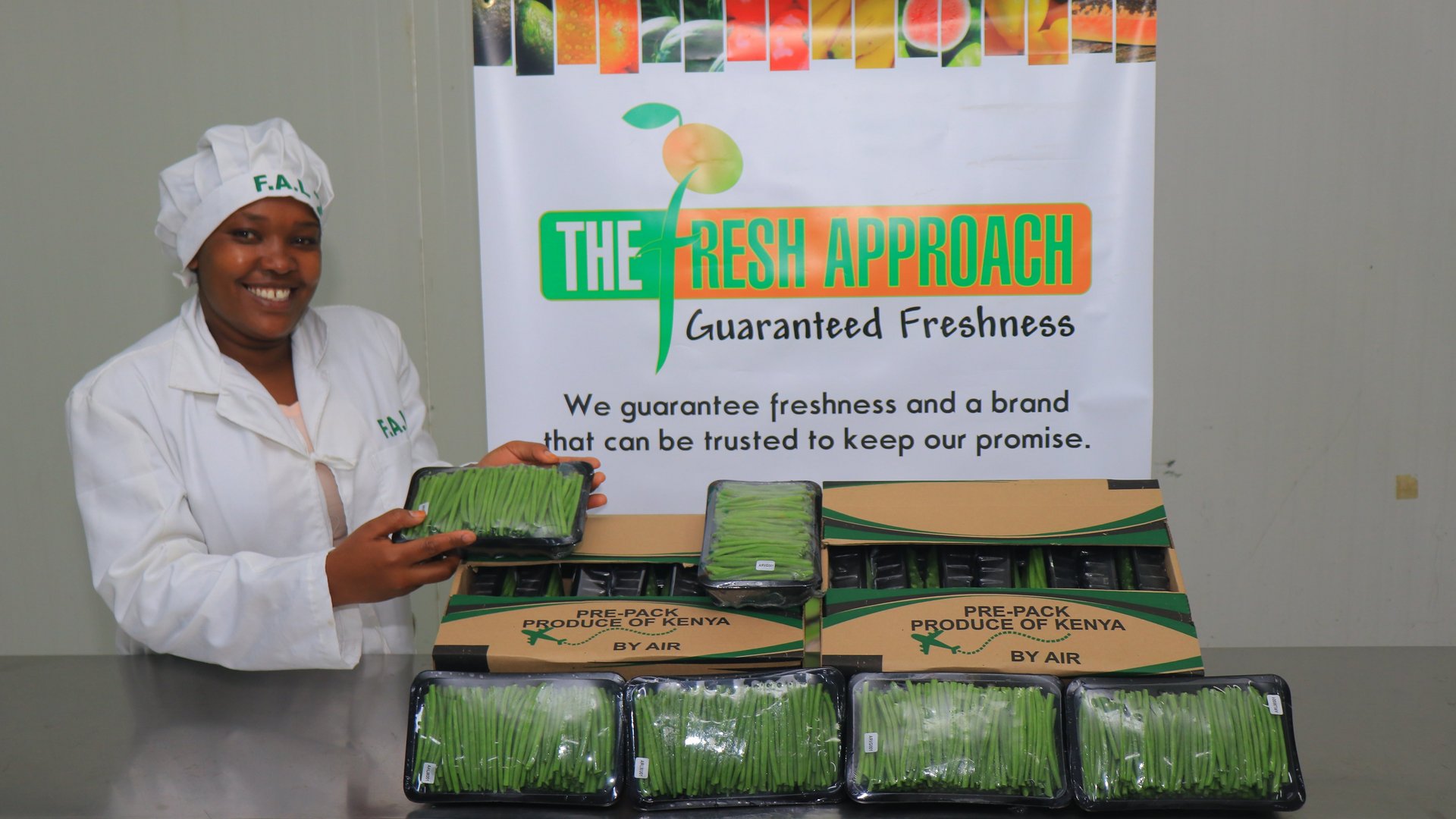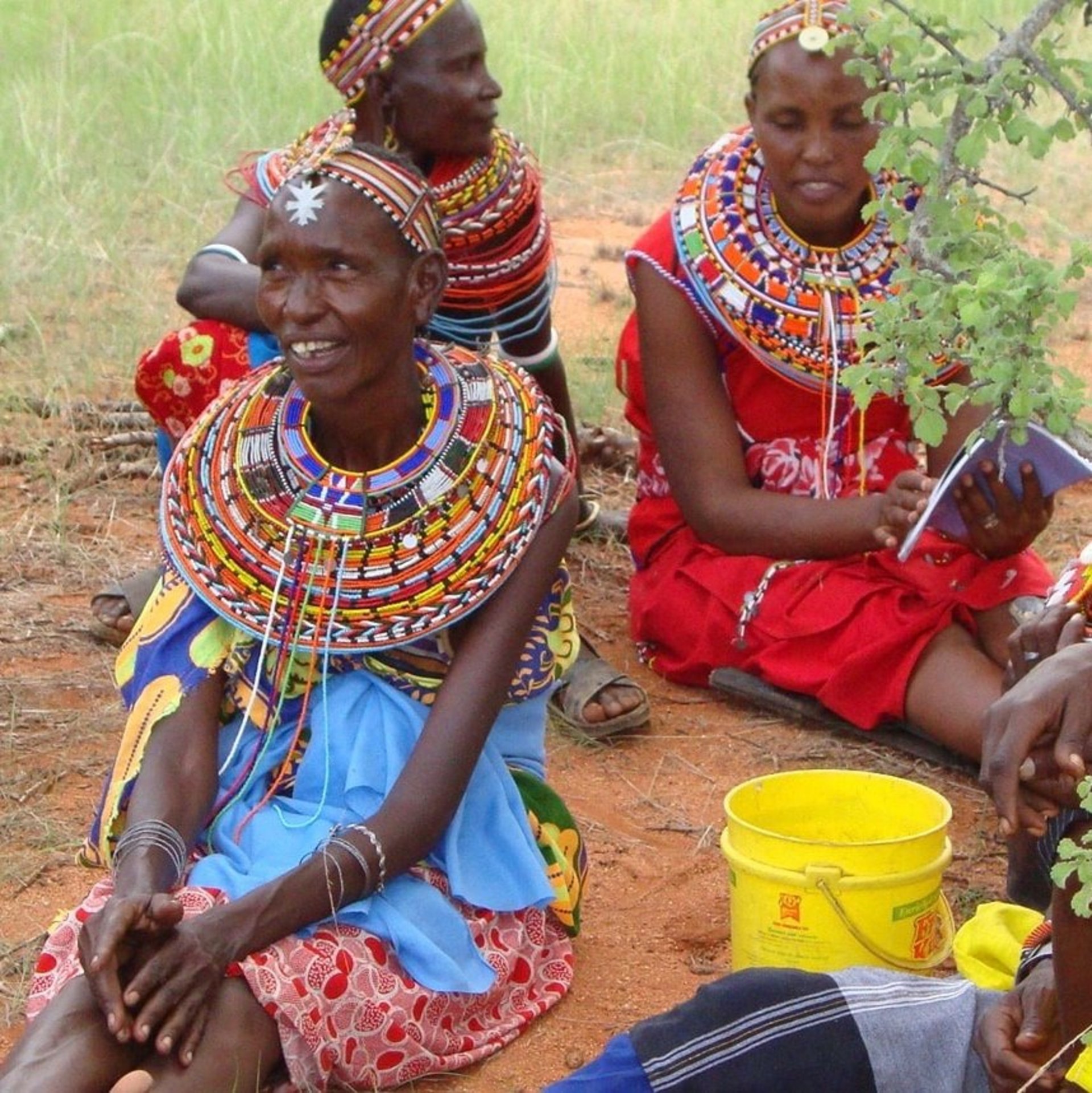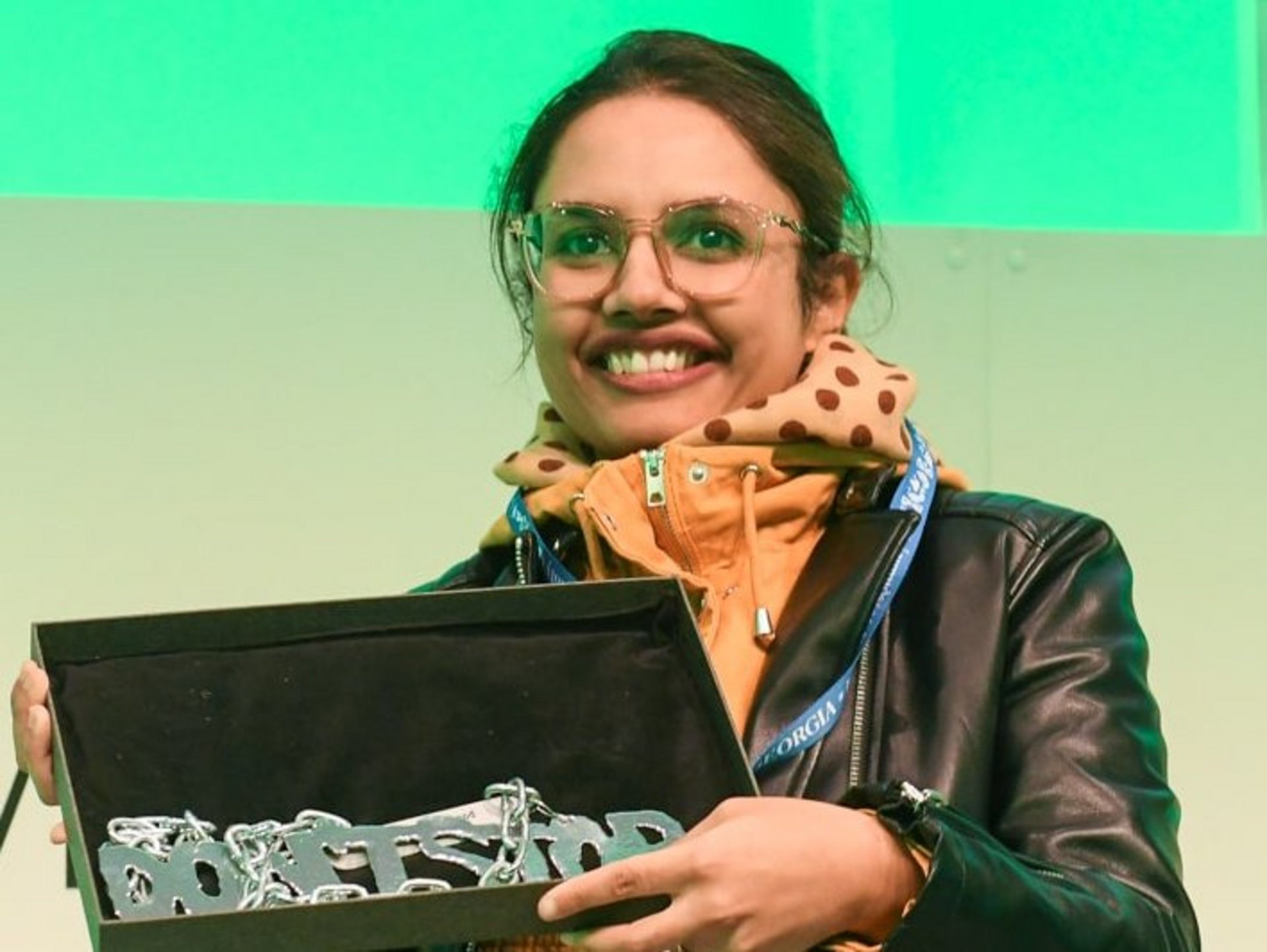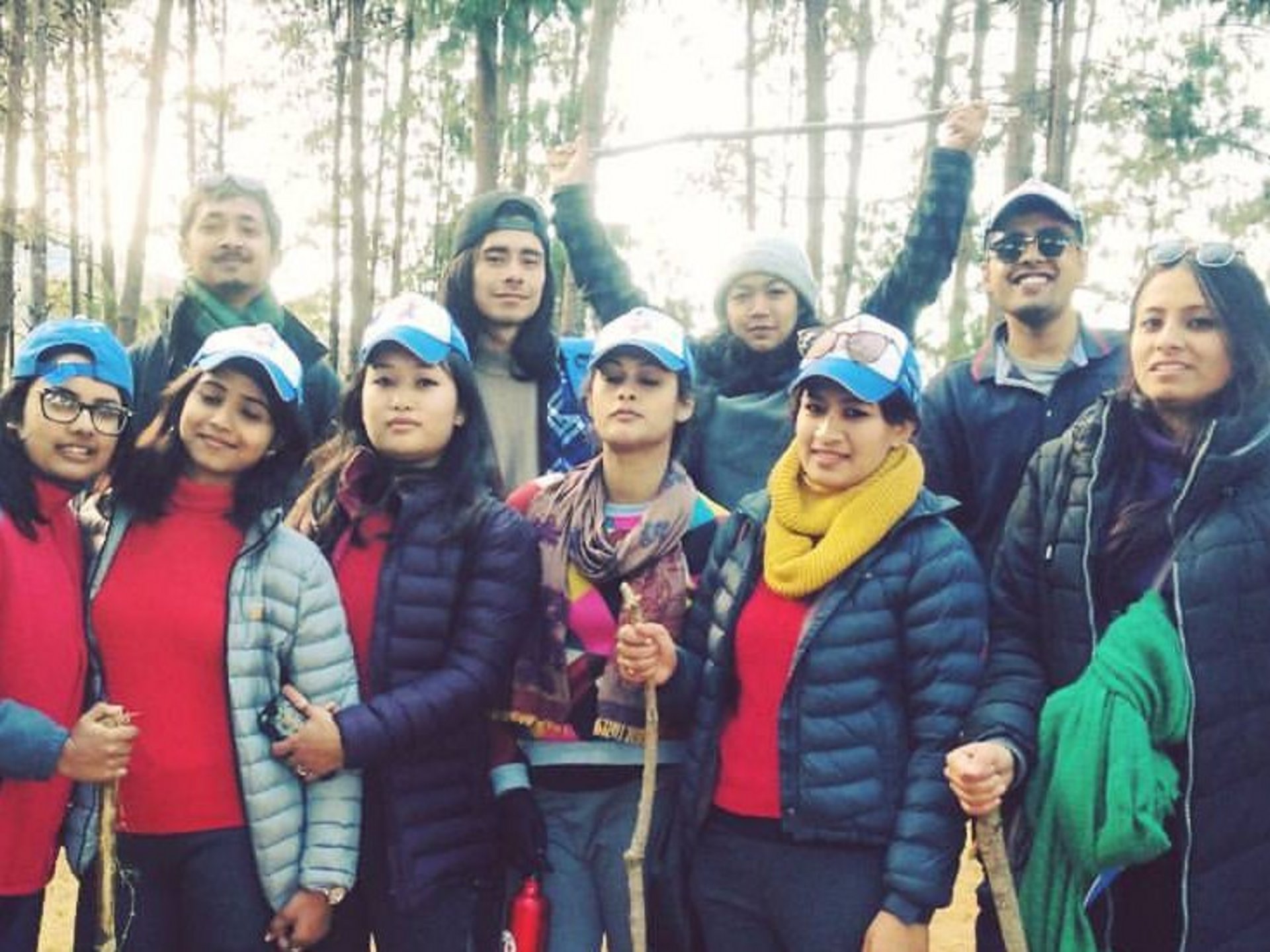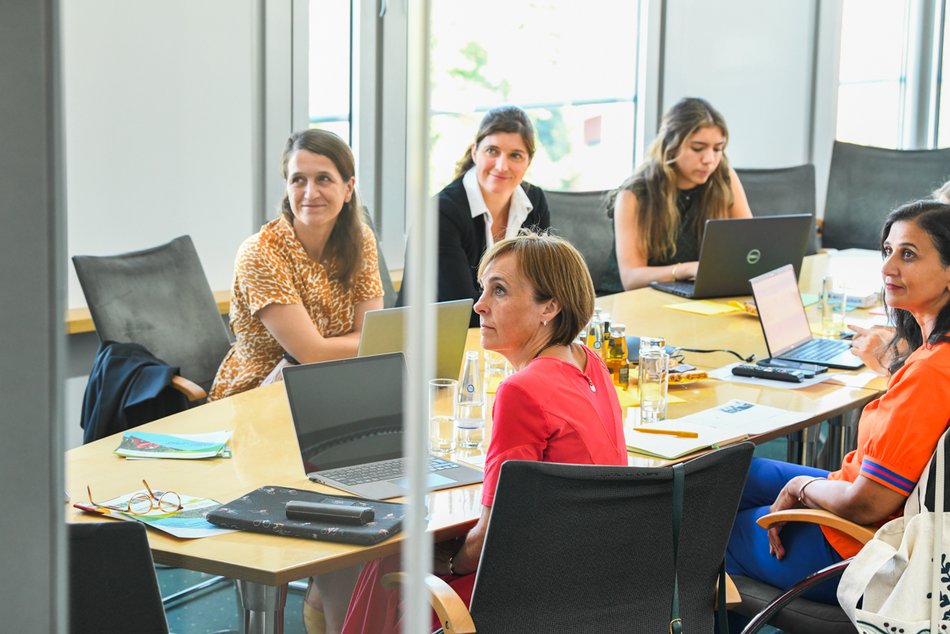Founded by women - powered by women!
The potential of empowerment
IPD supports many small and medium-sized enterprises in developing and emerging countries that have been founded and are successfully managed by women. The women entrepreneurs in the IPD programme use their position to provide women and other marginalised groups with access to formal employment, training and education, thus creating the conditions for women's equal economic and social participation.
IPD connects women-owned businesses with European buyers, enabling them to increase their sales and export turnover in the long term. This enables women entrepreneurs to create new jobs, generate investment capital to expand their businesses and support social and environmental projects in their local communities.
Read the stories of female entrepreneurs who illustrate the potential of empowerment.
The breadwinners of the family
Craftsmanship secures income
Savour Route is a Sri Lankan company that specialises in the production of high-quality Ceylon cinnamon. Senuri Gamage, the founder of Savour Route, is certain that she and her team are bringing a special product to the international market with their fine and aromatic Ceylon cinnamon. Few people realise that the production of Ceylon cinnamon in Sri Lanka is unique and that this combination of art and skill is passed down from generation to generation. A great deal of experience and craftsmanship is required. The Ceylon cinnamon sticks consist of several, very finely cut, interlocked inner barks of the cinnamon tree.
The ‘Savour Route’ team - 90 per cent of whom are women - are experts in processing the tree trunks and finely planning the inner bark. Many of the employees have been working in the cinnamon industry for many years and have honed their techniques over the years.
As specialists in Ceylon cinnamon production, they are very well paid. According to Gamage, most of them are the breadwinners of their families and also pay for their children's education. Others find a job at ‘Savour Route’ to learn the trade and gain further qualifications.
For founder Gamage, it was important to create job opportunities for women and thus enable them to be more financially independent.
Empowerment through mentoring and training
Flower farm focuses on female leadership
The Kenyan flower farm 'Fina Flora' grows Hypericum plants with typical small berries that are popular as cut flowers. Located in the Great Rift Valley, the farm employs more than 130 people, 70% of whom are women, who hold most of the management positions. They organise their daily work independently and democratically in small teams.
Winnie Mwaniki, managing director of Fina Flora, places great emphasis on working closely with her staff. A particular focus is on training the team leaders. Winnie trains them in management and agronomy.
Interview with Winnie Muasya, Managing Director of Fina Flora
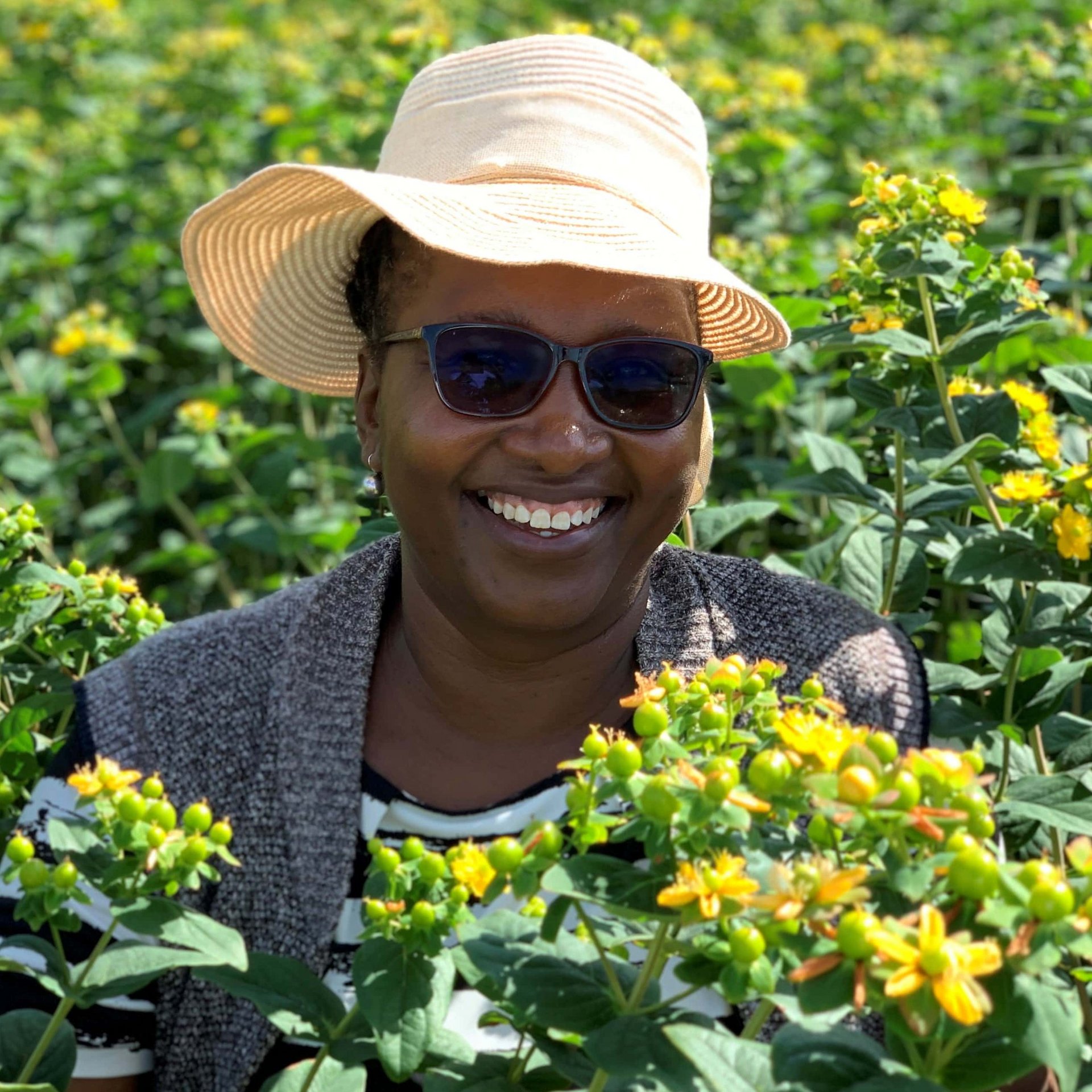
Do you place special emphasis on the further development of your team, especially the team leaders? What motivates them?
Winnie Muasya: The positive development of our team is a huge motivation. It is great when I see how employees grow in a company, especially the women. Despite the social and economic barriers, they take responsibility and develop themselves and the company.
What is the focus of your mentoring?
Winnie Muasya: The European flower market has high demands and only together as a team can we meet them. We therefore try to impart the love of detail to the entire team, but also the fun of working in a dynamic environment. As a medium-sized company, we have the great advantage that we are very flexible and adaptable and can therefore better meet the demands of the dynamic European market. We want to use this advantage together as a team.
In addition, the team leaders play a central role in our company, so their professional development is very important to us. Our goal here is to instill in them a sense of responsibility for the company and foster a positive competitive spirit. And in the long term, of course, we want to guide the next generation to lead "Fina Flora" into a good future as a family business.
What do you see as the strengths and challenges of women in team leadership?
Winnie Muasya: Women are usually good managers and also workers in flower farming because they pay attention to details - that is crucial in cut flower production.
They often have greater empathy and have an eye for the daily problems of the workers, because our work on the flower farm is very labor-intensive and exhausting. This benefits motivation within the team.
In addition, female workers are more reliable - seen in the local cultural context - because they take their work and their self-earned income more seriously. But women bear double the responsibility - for their job and for their family.
It is women who take care of their family members and who are thus not always available at work. At the same time, my experience is that women are often more conservative and shy away from risks. We are working on that: Responsibility and success in the job create self-confidence and support women's empowerment.
Promotion of women in the company
»The promotion of girls and women in our region is central to us. We want to create opportunities for everyone. We actively involve women as employees and mentors. And we offer them the opportunity to develop their skills and careers. We also work together with local women's organisations.«
Reham Fouda
Deputy Managing Director of "Ethmar Green"
The Egyptian date producer ‘Ethmar Green` has been working closely with regional farms since 2014, promoting sustainable cultivation and creating important jobs. Originally specialising in the export of Medjool dates, the company now offers a wide range of innovative date products such as date syrup, date paste and date protein bars.
Female entrepreneurs as role models
Fair prices for local farmers
In 2021, Chakrya Muth founded the company ‘Handcrafted Cashew Nuts’ in her hometown of Stung Treng in Cambodia. She had previously gained management experience in the hotel and food retail industries. During a holiday in her home country, she realised that the cashew farms were not exploiting the potential for added value because they were not processing and marketing the cashew nuts themselves. The good prices were therefore realised by traders abroad.
„Our local products lost their identity," she says. Together with her family and in particular her eldest daughter, Sothnita Soeun, she built up the company. ‘Handcrafted Cashew Nuts’ works closely with local farmers, processes and markets the cashew nuts itself and can therefore also achieve fair prices for the farmers.
The company also promotes the local network of female artisans and supports young women with mentoring and training programmes.
»My motivation was the desire to overcome barriers in a male-dominated industry and create opportunities for women in rural areas. Overcoming cultural barriers and gender bias is still a challenge for many women. Our collective strength lies in our ability to adapt and innovate. My goal is to inspire others by demonstrating that women can run successful businesses while contributing to the wellbeing of their communities.«
Chakrya Muth
Founder and CEO of„Handcrafted Cashew Nuts“
Opportunities for women and regions through international trade
The women-run family business ‘Barbatuska` in Colombia exports passion fruit, granadillas, physalis and avocados. The company works closely with small-scale farmers to give them the opportunity to sell their products on international markets and to earn a better income. With a team that is 80 percent female, Barbatuska is committed to international growth. At the same time, it supports the economic and social development of the regions where its products originate.
»Our main driving force was our passion for rural Colombia and the vision of a company that offers equal opportunities to women and men and drives the country's development through international trade. We want to be an example of female leadership in a traditionally male-dominated sector.«
Melany Blanco Arciniegas
Head of Production of Barbatuska
Innovative women develop new products
‘Sweet Wood’ is the name of the Ceylon cinnamon product line that was developed by a team of women and made it onto the shortlist of the SIAL 2024 innovation competition.
"I am so grateful that this team of women share my passion to develop this amazing product line," says Ranmali Abeyasinghe, founder of “Sweet Wood”. The young subsidiary of SDS Spices in Sri Lanka specialises in the development of nutritional supplements and aims to harness the medicinal and health benefits of spices such as cinnamon and turmeric.
Ranmali Abeyasinghe is convinced by her team of women and also sees great opportunities for women in international trade.
»Women are often characterised by excellent communication and negotiation skills - important skills in international trade, where building relationships with customers, suppliers and partners across cultural boundaries is crucial. However, I see a major challenge in the limited representation in key international trade organisations or at industry events, as well as the lack of experienced mentors.«
Ranmali Abeyasinghe
Founder of ´Sweet Wood`, subsidiary of SDS Spices
Women in agriculture
Shaping the future of Kenya
»In Kenya, the future of agriculture lies with women and young people. Women produce 70 per cent of the food in Africa, and most of them are smallholder families with two to three hectares of land.«
Catherine Muya
Founder of "Fresh Approach"
The IPD company ‘Fresh Approach` from Kenya deliberately favours cooperation with women. 60 per cent of the farmers who grow crops for the company are women. ‘Fresh Approach offers green beans, mangetout and passion fruit and controls the value chain from seed to end product.
When founding her company, Catherine Muya took inspiration from her grandmother, whom she describes as an incredible woman, a serial founder, a risk-taker, an enthusiastic farmer and a great advocate of women's empowerment.
Catherine Muya is convinced that women will also help shape the future of agriculture: "In my experience, women are open to change and new techniques. And they are willing to learn new skills as they experience first-hand the impact of climate change on yields. The women use so-called ‘table banking groups’, which enable them to buy inputs, pay school fees and save a little for future projects."
Natural wealth offers opportunities for women
The Kenyan company ´Arbor Oils of Africa` specialises in researching indigenous African plants and developing products for cosmetics and perfume manufacturers. Hilary Sommerlatte started with the so-called African olive (Olea europaea subsp cuspidata) and gradually expanded her portfolio. Today, the oil from the seeds of the Cape chestnut (Calodendrum capense) is traded on international markets as Yangu oil. Hilary Sommerlatte knows that demand is increasing. And she is convinced that the local communities and especially the women there will also benefit from global trade.
There is great potential for Kenyan incense species (Boswellia neglecta, Commiphora confusa) and increased trade in essential oils from these species. They are abundant in Kenya and are mainly found in the arid regions, where there are hardly any alternative sources of income apart from livestock farming. The collectors, mostly women, can improve their financial independence and status within their communities with increased demand from international markets.
In the fight against human trafficking
Consolidating the right to self-determination
»We support the women in gaining financial independence and protecting themselves from being trafficked again. At the same time, we give them the opportunity to realise themselves.«
Jeny Pokharel, Founder of „Sasane Sisterhood Trekking & Travels“
Since 2019, IPD has been working with the tourism company ‘Sasane Sisterhood Trekking & Travels’ from Nepal.
‘Sasane Sisterhood` trains disadvantaged women, especially women who have been victims of violence and human trafficking, to become tourist guides and in the hospitality industry. In the training courses, women acquire the skills of a trekking guide and learn to reconcile the needs of the local population with the requirements of travellers. The training contributes to the social, economic and cultural emancipation of women.
The ‘Sasane Sisterhood` programme includes tours through Kathmandu, the surrounding area with views of the Himalayas and the Annapurna Mountains.
‘Sasane Sisterhood` also works closely with rural communities to expand tourism offering. The aim is to establish sustainable businesses and develop sources of income.
At ITB 2023, the company was honoured for its work with this year's ‘To Do Award Human Rights in Tourism` from the Institute for Tourism and Development (Studienkreis für Tourismus und Entwicklung e.V.).
IPD Programme
Women in Global Trade
IPD promotes the empowerment of women entrepreneurs by addressing their specific needs and helping them to combat prejudice and discrimination. Through the newly established Women in Global Trade network, IPD brings together women in the export and import business.
Read more here.


